Lucia Busso
Constraining constructions with WordNet: pros and cons for the semantic annotation of fillers in the Italian Constructicon
Jan 10, 2025
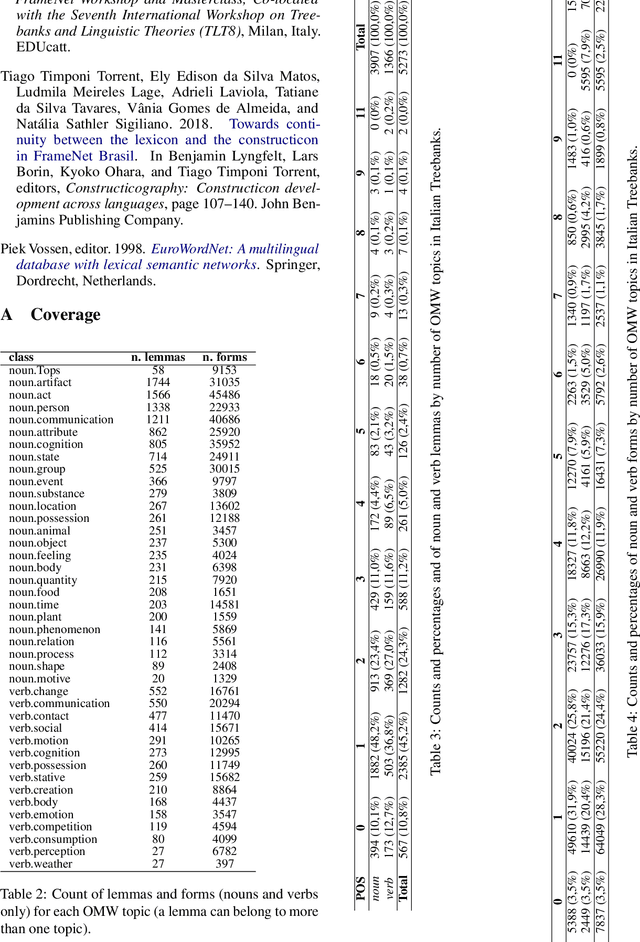
Abstract:The paper discusses the role of WordNet-based semantic classification in the formalization of constructions, and more specifically in the semantic annotation of schematic fillers, in the Italian Constructicon. We outline how the Italian Constructicon project uses Open Multilingual WordNet topics to represent semantic features and constraints of constructions.
Annotating Constructions with UD: the experience of the Italian Constructicon
Nov 12, 2024Abstract:The paper descirbes a first attempt of linking the Italian constructicon to UD resources
How do media talk about the Covid-19 pandemic? Metaphorical thematic clustering in Italian online newspapers
Apr 05, 2022



Abstract:The contribution presents a study on figurative language of the first months of the COVID-19 crisis in Italian online newspapers. Particularly, we contrast topics and metaphorical language used by journalists in the first and second phase of the government response to the pandemic in Spring 2020. The analysis is conducted on a journalistic corpus collected between February 24th and June 3rd, 2020. The analysis is performed using both quantitative and qualitative approaches, combining Structural Topic Modelling (Roberts et al. 2016), Conceptual Metaphor Theory (Lakoff & Johnson, 1980), and qualitative-corpus based metaphor analysis (Charteris-Black, 2004). We find a significant shift in topics discussed across Phase 1 and Phase 2, and interesting overlaps in topic-specific metaphors. Using qualitative corpus analysis, we present a more in-depth case study discussing metaphorical collocations of the topics of Economy and Society
A dissemination workshop for introducing young Italian students to NLP
May 14, 2021
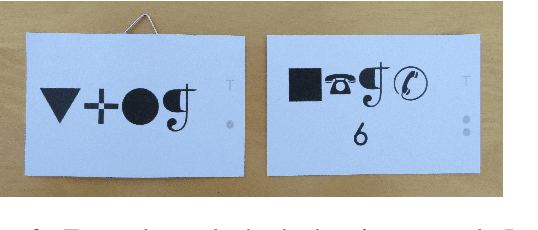
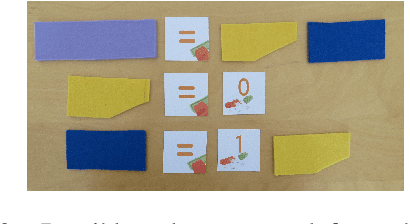
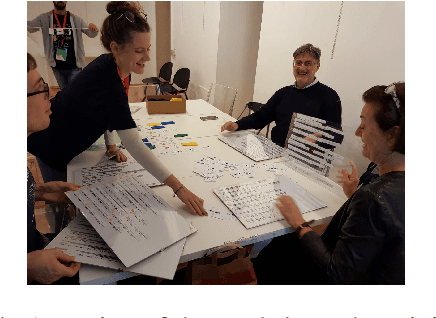
Abstract:We describe and make available the game-based material developed for a laboratory run at several Italian science festivals to popularize NLP among young students.
Teaching NLP with Bracelets and Restaurant Menus: An Interactive Workshop for Italian Students
May 14, 2021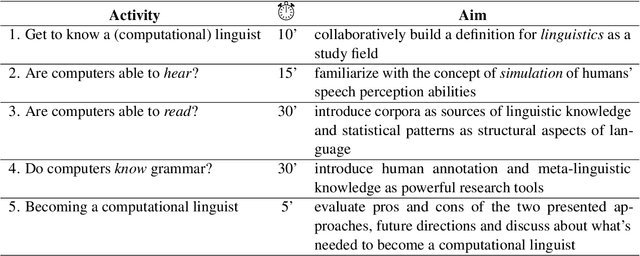
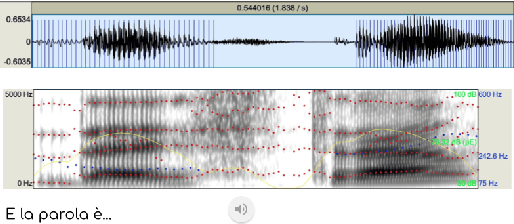

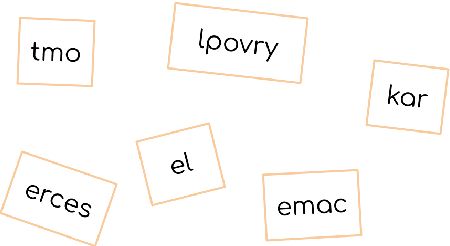
Abstract:Although Natural Language Processing (NLP) is at the core of many tools young people use in their everyday life, high school curricula (in Italy) do not include any computational linguistics education. This lack of exposure makes the use of such tools less responsible than it could be and makes choosing computational linguistics as a university degree unlikely. To raise awareness, curiosity, and longer-term interest in young people, we have developed an interactive workshop designed to illustrate the basic principles of NLP and computational linguistics to high school Italian students aged between 13 and 18 years. The workshop takes the form of a game in which participants play the role of machines needing to solve some of the most common problems a computer faces in understanding language: from voice recognition to Markov chains to syntactic parsing. Participants are guided through the workshop with the help of instructors, who present the activities and explain core concepts from computational linguistics. The workshop was presented at numerous outlets in Italy between 2019 and 2021, both face-to-face and online.
 Add to Chrome
Add to Chrome Add to Firefox
Add to Firefox Add to Edge
Add to Edge